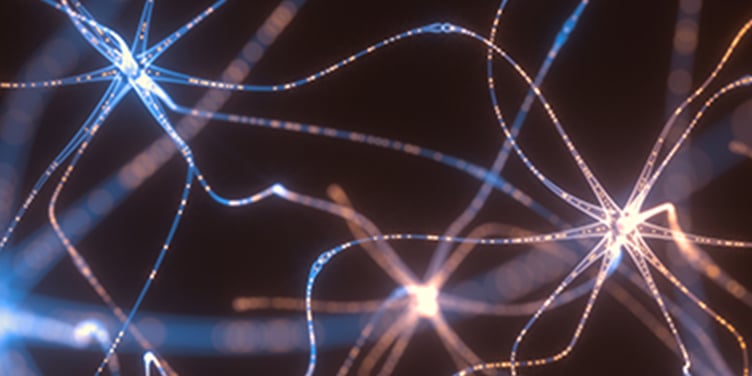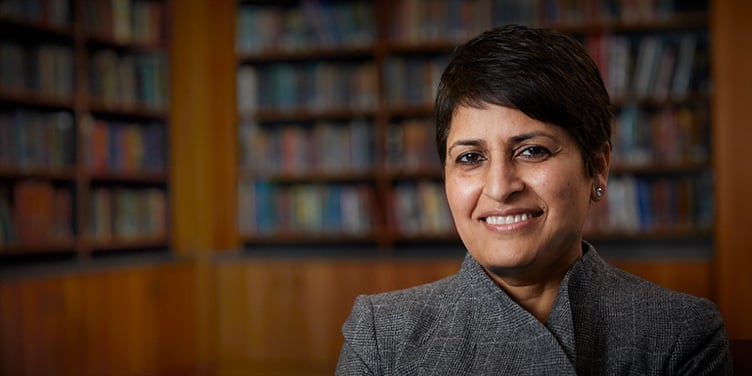Vascular Dementia

Overview
Vascular dementia (VaD) is one of the most common types of dementia in older adults. It causes a subtle, progressive decline of memory and other brain function, such as thinking, learning, remembering, organization skills and complex visual processing, and is caused by reduced blood flow in the brain.
VaD may be caused by a stroke, in which the blood supply to the brain becomes blocked, resulting in permanent brain damage. When caused by a single stroke, it's called single-infarct dementia. When caused by a series of small, often unnoticeable strokes, it's called multi-infarct dementia.
Damage to tiny blood vessels that lie deep in the brain may also lead to a type of VaD known as sub-cortical vascular dementia. VaD may also occur with Alzheimer's disease, which causes similar symptoms, such as memory loss.
High blood pressure, heart disease, high cholesterol, diabetes, smoking and alcoholism may cause or increase the risk of vascular disease, such as a stroke, and VaD. It's important to promptly diagnose and treat these conditions to prevent VaD.
Males and African Americans are also at an increased risk of developing the disease.
Our approach to vascular dementia
At UCSF, patients who may have vascular dementia are evaluated by a specially trained team that includes neurologists, radiologists, pharmacists, nurses and other health professionals. Although there's no cure yet, we offer medications to manage symptoms such as memory problems and mood changes.
Awards & recognition
-

Among the top hospitals in the nation
-

Best in California and No. 2 in the nation for neurology & neurosurgery
Signs & symptoms
Symptoms of vascular dementia (VaD) can develop quickly or slowly. At times, people with VaD experience long periods without noticeable changes, or may even show improvement. But if the disease is caused by aa stroke and another stroke occurs, symptoms may progress rapidly.
The condition often occurs with Alzheimer's disease, which complicates its progression. VaD symptoms are similar to those of Alzheimer's disease (AD), such as memory loss, but are usually easier to overcome with cues and reminders.
Common symptoms include:
- Difficulty following instructions
- Difficulty organizing and solving complex problems
- Difficulty retrieving words from memory
- Distraction or "absent mindedness"
- Problems speaking
- Slowed thinking
- Walking with rapid, shuffling steps
Other symptoms may include:
- Balance and movement problems
- Hallucinations or delusions, which may be distressing to the patient and caregiver
- Loss of bladder or bowel control
- Mood and behavior changes, such as depression, irritability or apathy
- Symptoms of Parkinson's disease, such as tremors
Diagnosis
Patient evaluations for vascular dementia (VaD) are performed by a specially trained team including neurologists, radiologists, pharmacists, nurses and other health professionals at the UCSF Memory and Aging Center. The first step is to determine if a patient has dementia and if so, the cause. The most difficult part is differentiating it from Alzheimer's disease (AD), since the conditions share many similar symptoms.
The diagnosis may include:
- Blood tests. Blood tests, including tests of thyroid function and vitamin B12 levels, are a routine part of the evaluation. Tests looking for evidence of diabetes and cholesterol levels also will be conducted.
- Brain scans. Brain scans will be conducted, particularly to look for signs of prior strokes. Magnetic resonance imaging (MRI) is one of the most useful tests in the evaluation of VaD. MRI is very sensitive to changes in the brain caused by stroke.
- Medical history. A medical history and symptoms will be collected. Patients should be accompanied by a family member or friend who can provide information about the patient's degree of memory loss and functional impairment with respect to daily activities.
- Mental status assessment. An evaluation of memory and ability to understand, communicate and other cognitive functions will be conducted. A patient will also be asked about depression and emotional behavior changes, since these are often altered in VaD.
- Physical exam. Patients will have a thorough physical exam to check for vascular disease, risk factors and other medical conditions, such as high blood pressure.
Treatments
Currently, there is no cure for vascular dementia (VaD).
Treatments are designed to prevent and control risk factors such as alcoholism, diabetes, heart disease, high blood pressure, high cholesterol, and smoking. For example, high blood pressure and cholesterol can be treated with a combination of medicine, regular exercise and a healthy diet. Treating these conditions greatly reduces the risk of developing dementia.
Studies are being conducted to determine if medications for Alzheimer's disease (AD), such as cholinesterase inhibitors, are effective in treating VaD.
UCSF Health medical specialists have reviewed this information. It is for educational purposes only and is not intended to replace the advice of your doctor or other health care provider. We encourage you to discuss any questions or concerns you may have with your provider.












